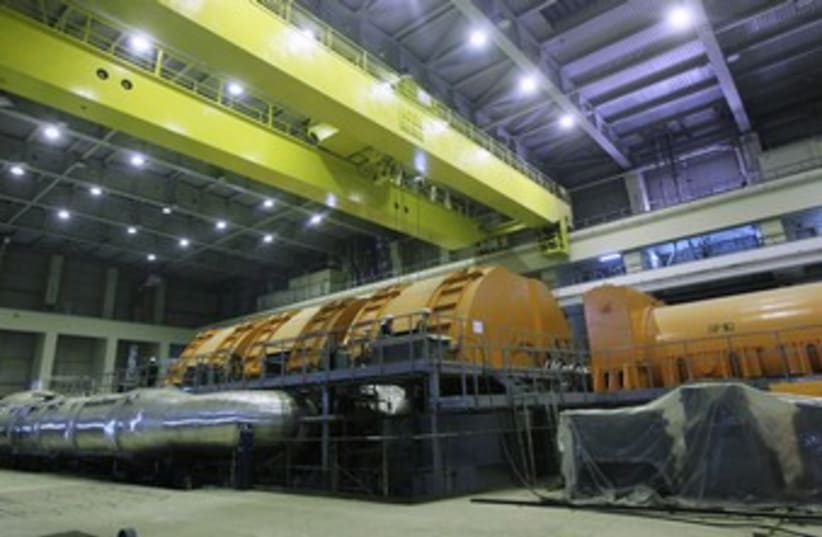US Senate insists Washington prevent nuclear Iran
Non-binding resolution passed by 90-1 vote rules out any strategy aimed at dealing with nuclear-armed Iran; at IAEA meeting, recognized nuclear weapon states oppose Iranian nuclear disarmament proposal.
